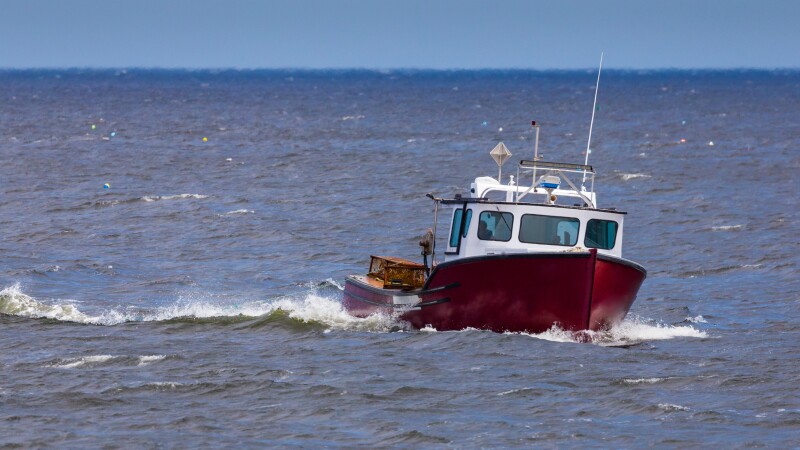The Unified Fisheries Conservation Alliance (UFCA) is an alliance of commercial fishery stakeholders who call on the Canadian government to establish regulatory oversight for all fisheries. The group filed a lawsuit against Sipenkne’katik First Nation and the Canadian attorney general. The group wants a judge to declare that the First Nation’s summer and fall lobster fishery in St. Marys Bay is unlawful and that they have no treaty right to it. The commercial season for the Bay area begins in late November.
In 1999, the Supreme Court of Canada ruled in the Marshall case, which involved the catch of adult eels and Mi’kmaq having a treaty right to fish, hunt, and gather for a “moderate livelihood.” However, the court never defined the term and said that the government could regulate under certain circumstances. Under the Fisheries Act rules, indigenous and non-indigenous fishermen have worked together in the past within the commercial lobster fishery. However, things quickly took a turn after two decades.
Fast-forward to 2020, Chief Mike Sack of the Sipekne’katik First Nation initiated a lobster fishery in St. Marys Bay, an unauthorized decision by Canada’s Department of Fisheries. In 2021, the First Nations group filed a suit seeking a declaration from the court that the Federal Fisheries Act and regulations infringe on the treaty right to fish lobster for a moderate livelihood. A judge allowed the band and the Attorney General of Canada to enter mediation, followed by UFCA intervening in the case.
UFCA filed its notice of action on Aug. 23, 2024, arguing that the unregulated fishery launched in 2020 has significantly depleted lobster stocks in the bay. It claims that it has led to commercial fishermen leaving the area and the closing of a local processing plant. The Mi’kmaw band, also known as a body of First Nations people, issued its own lobster trap tags and licenses, launching the fishery, claiming that its members had a treaty right to make a moderate livelihood by selling their catch.
Following the launch of the First Nation fishery in the area, commercial fishermen claimed the fishery was a cloak for a large-scale commercial operation. Tensions between the two groups had been building, leading to a lobster pound being set on fire, among other confrontations.
According to CBC Canada, 30 licensed commercial fishermen have recently abandoned the St. Marys Bay area, harming the incomes of those who remain. The most recent lawsuit by UFCA asked the court to declare the First Nation’s self-regulated lobster fishery in St Marys Bay illegal and it further demanded regulation under the Federal Fisheries Act.
Colin Sproul, president of the UFCA, told CBC, “We’re seeing the removal of tens of thousands of pounds of lobster from St. Marys Bay.”
UFCA stated that the Mi’kmaq did not traditionally trade lobster when the Peace and Friendship Treaty of 1760-61 was signed. They also noted that St. Marys Bay was not part of the traditional Sipekne’katik territory and that financial resources “from government and private endeavors are sufficient to constitute a moderate livelihood without an unregulated summer/ fall commercial lobster fishery in St. Mary’s Bay.”
UFCA noted in a Facebook post on Aug. 31, “We call upon the federal Minister of Fisheries to declare the current out-of-season lobster fishery in St. Mary’s Bay illegal and put an end to it,” and “All stakeholders in the fishery need clear guidance so that everyone understands what rules apply.”







